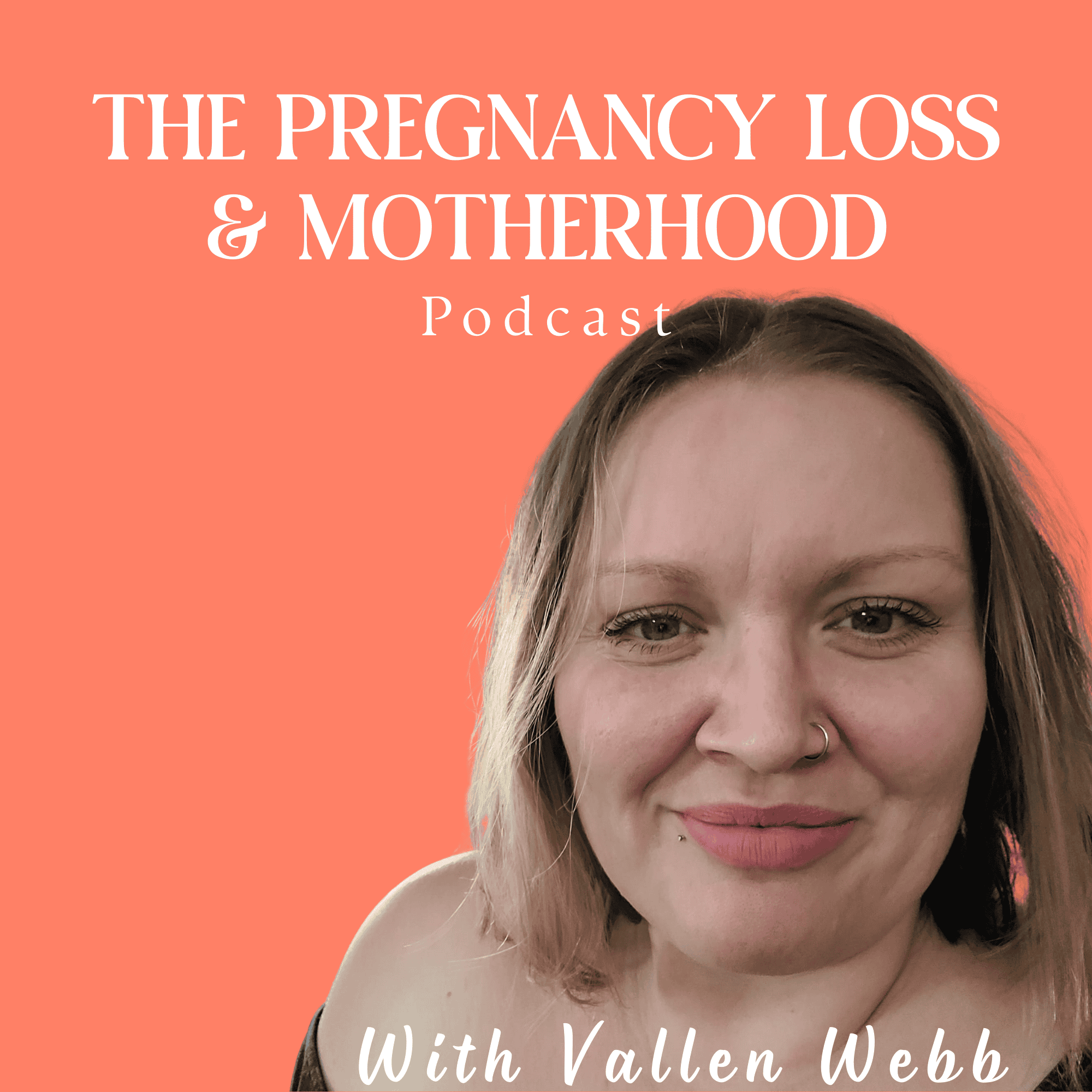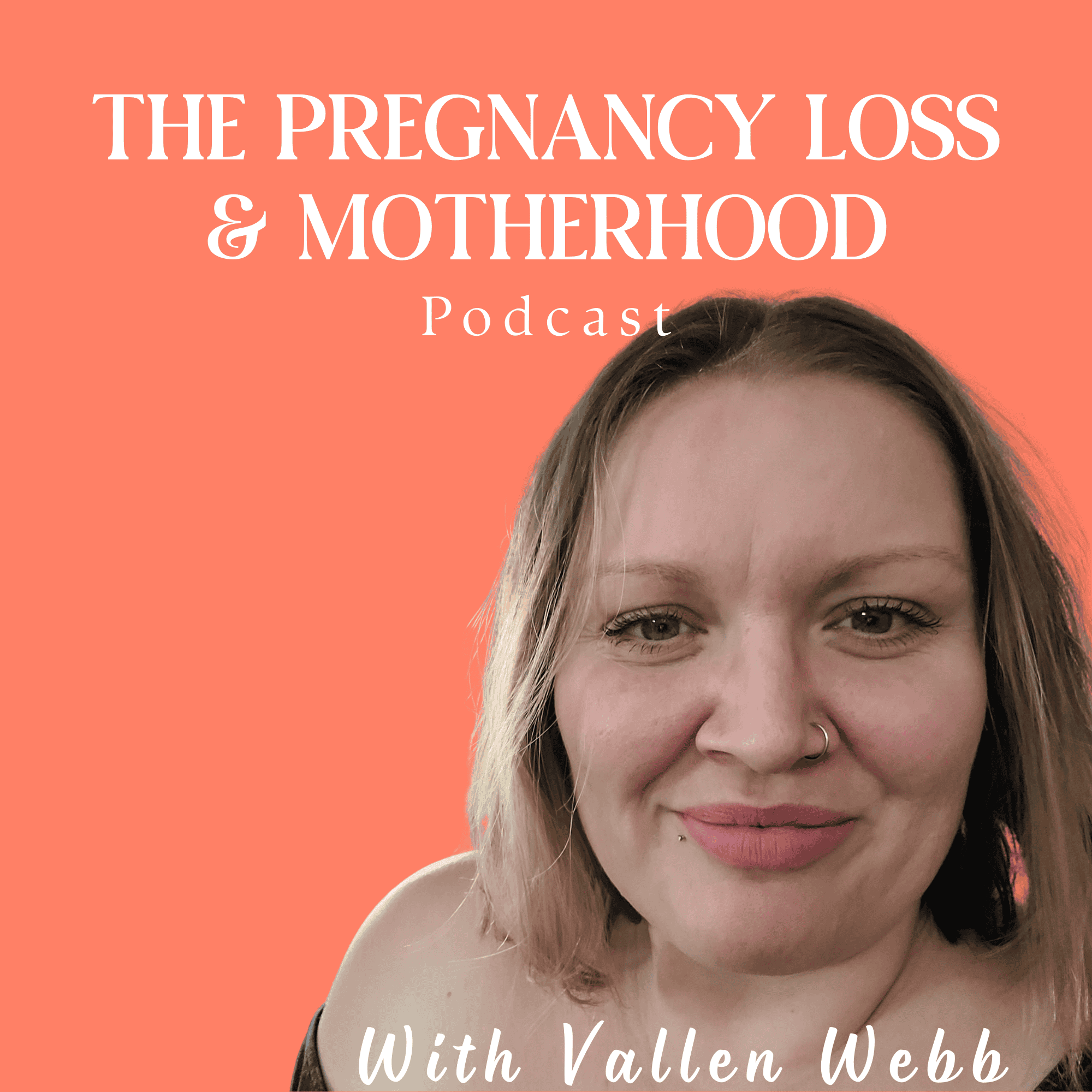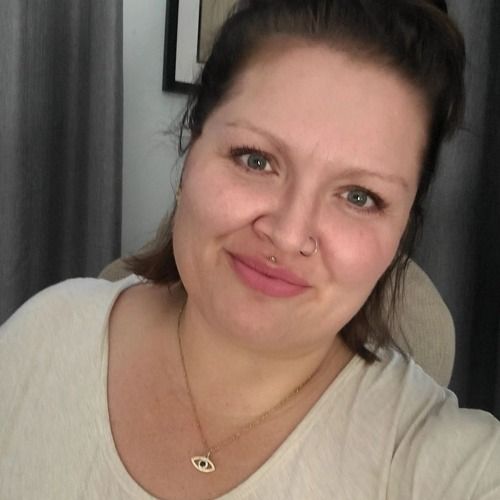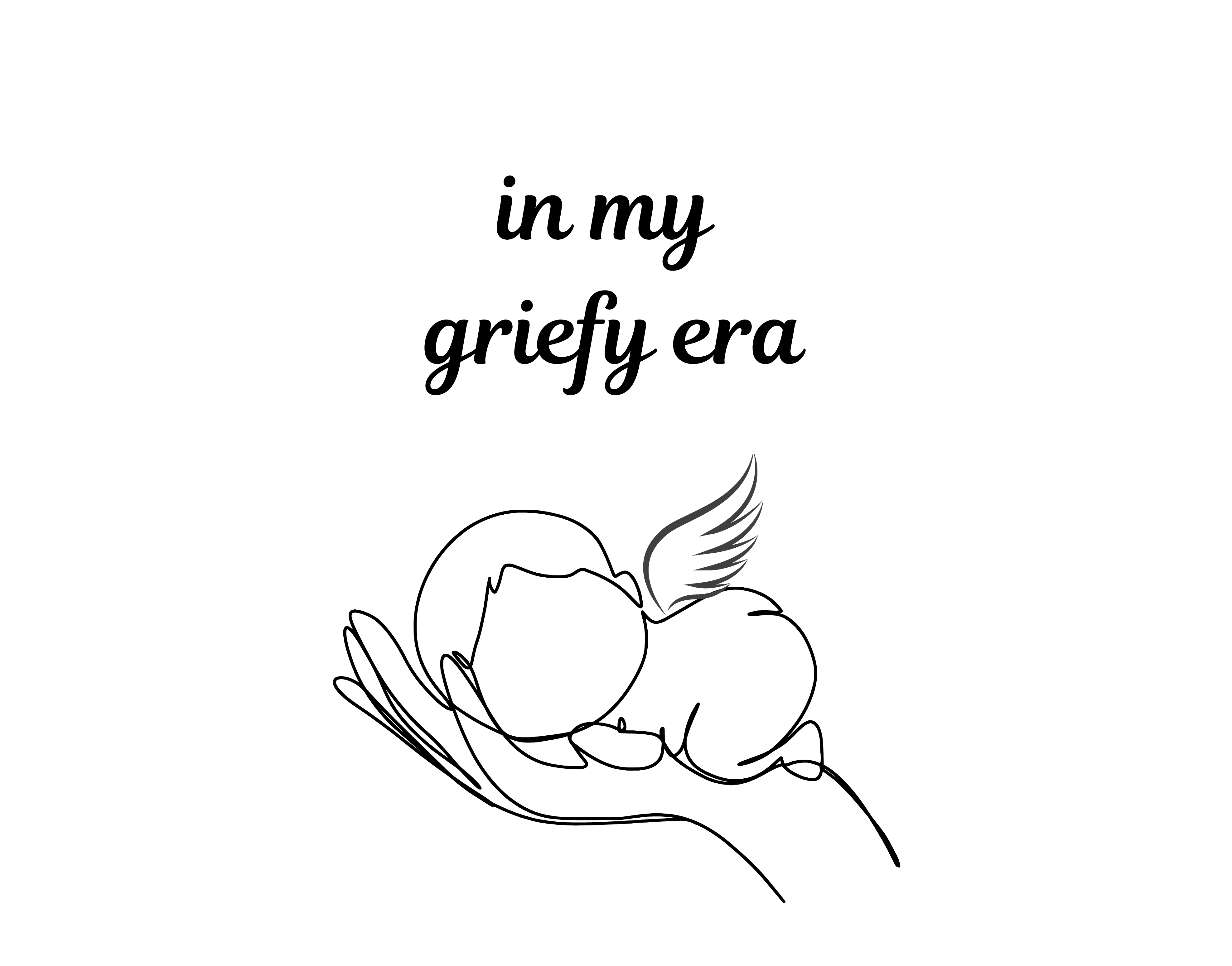Episode 88
The Essential Role of Perinatal Bereavement Doulas
The Pregnancy Loss and Motherhood Podcast
Episode Title: The Essential Role of Perinatal Bereavement Doulas
In this episode, Vallen Webb discusses the vital role of bereavement doulas in supporting families experiencing pregnancy and infant loss. She explains what bereavement doulas do, the importance of their presence during such difficult times, and how they help families navigate grief. The conversation emphasizes the need for emotional support, the significance of memory-making, and the impact of having a trained professional by one's side during the grieving process. Vallen also addresses how to find and afford a bereavement doula, advocating for the integration of this support into healthcare systems.
Takeaways
A bereavement doula provides emotional, physical, and spiritual support.
Their role is to honor grief without rushing or trying to fix it.
Support from bereavement doulas can lead to better mental health outcomes.
Perinatal grief is distinct and often leads to isolation and disenfranchisement.
Presence and compassion are crucial in the grieving process.
Families deserve support not just during loss, but also after.
Bereavement doulas can help with memory-making and rituals.
Finding a bereavement doula can be done through directories and local hospitals.
Support should be accessible and not a luxury.
Grief is a journey that requires community and understanding.
Mentioned in the episode:
Launch of Evelyn James Shop
Evelyn James and Company
Dr. Alan Wolfelt Healing a parent's Grieving Heart
Megan Devine- It's Ok That Your Not Ok.
Imbodhi Jumper- The ultimate Mom easy luxury outfit! Try and get $15.00 off with my code!!!
https://www.imbodhi.co/VALLEN31986
💛 Stay Connected + Resources
✨ Follow me on Instagram: @evelynjamesandco
✨ Visit the Evelyn James Shop: evelynjames.shop – beautiful, intentional items for grief, healing, and motherhood
✨ Explore our trainings + support resources: evelynjamesandco.com
✨ Grab your Bōdhi Jumper from IMBŌDHI: imbodhi.co/VALLEN31986 – $15 OFF!
Thank you for being here. You’re still here. And that’s everything. 💛
Links are affiliate links and earn me commissions at no extra cost to you. This supports the podcast which will always be free!
Mentioned in this episode:
Imbodhi INC
Imbodhi Jumpers- Get $15.00 OFF with my link! https://www.imbodhi.co/VALLEN31986
Transcript
Hey friend, welcome to another episode of the Pregnancy Loss and Motherhood podcast. I'm your host Val and Webb and I'm so grateful you're here. We are hitting up on episode 88, which is crazy. Today I wanted to do a little bit of a different episode. I feel it's really important, especially when we're talking about loss and you know.
We talk, this is something that we don't talk about or that too many families find out about after they've already experienced pregnancy and infant loss. So today we are going to talk about what is a bereavement doula? Who are they? What do they do? And why does their role matter so deeply in the moments of pregnancy and infant loss?
There's different terms. You got Bremen doula, perinatal loss doula, which is what we use with my Evelyn James company and certifying doulas. There's many different terms.
And whether you've heard the term before or it's your first time, this episode is definitely here to educate, to validate, and maybe even shift the way we think about grief support entirely, especially for bereaved families. So let's start with the basics. So a bereaved mandula is...
a non-medical professional trained to provide emotional, physical, informational, and spiritual support to families who are experiencing the loss of a baby through miscarriage, stillbirth, neonatal death, medical termination, et cetera, and et cetera, in the way of all the types of loss that there are, okay? We are inclusive of all loss here.
Vallen Webb (:For my company, we train people who have already trained as doulas so that we know they have that foundation of the non-medical professional support.
And so according to Dona International, doula's primary role is to be a consistent, supportive presence, someone who helps navigate the unknown. And in the case of bereavement doulas, that unknown is lost and it's often filled with trauma, silence, and a lot of fear, even from the professionals around them. But a bereavement doula knows that space. They aren't afraid to sit with you in your sorrow.
They're trained to honor your grief without rushing or trying to fix it. And that is what I do is I created the training to do this for people to to help families have that support.
We talk about Bremen Dulas, we call them perinatal loss doulas, and they hold space when time feels suspended. like, you know, they walk beside the families as they're navigating, having to make these impossible forever decisions, helping these families create memories in the very short period of time that they have.
and to begin the lifelong process of mourning.
Vallen Webb (:Before I lost Evelyn, of course I never thought about grieving. Of course I've had different types of grief in my life, but never something like this.
And the doulas that I trained, they're trained in trauma informed care, memory making, grief support, ritual support, and companioning. A philosophy from the grief expert Dr. Alan Wohlfeldt who teaches us that companioning is about being present to another person's pain. It is not about taking away the pain. So let that sink in.
It's not about fixing. It's about witnessing. It's about walking with and sitting with these families. Not leading them ahead. Just being. And I think that's a part where we get it wrong sometimes. Because of course, what's the one thing, what do we want to do when things go wrong or when things are hurting the people we love? We want to fix it.
This is one of those experiences and things that happen that can never be fixed. So what do Breedmen doulas actually do? So they may sit beside a parent in labor when the baby has already died, or if they're like their doula, they will do the doulaing. They will do all of the supportive things to help.
know, the mom and dad or the birthing person. They will do all the, you know, pressure reverse, my God, all the birth doula stuff, okay, I'm not a birth doula, I'm a postpartum improvement doula. And so they help families take photos. They can help make handprints or make keepsakes. They can advocate for time with the baby without rushing.
Vallen Webb (:Vallen Webb (05:45.08)
They may navigate funeral or cremation conversations and just helping the families figure out and talk through what they envision and what they want, what they feel that they want, and just being able to help them find the options.
Getting support during hospital meetings or autopsy discussions like slowing down these discussions so that they can take it in and even having the Professional the medical professionals repeat themselves, you know even maybe record on be like, you know, can we use the recording app? Can you just tell them what this is and what's gonna happen and that they can listen to it?
more than once because they are not going to be able to hold this. They don't have the capacity. They don't have the mental, mental capacity to do this right now or have them write it down or have them repeat it multiple times throughout the day. and so that they really understand what's going to happen. they may help plan rituals or do naming ceremonies like, you know,
We may not think about it as a ritual, naming our baby is such a sacred ritual. We are naming this precious human for life. And it's so funny because with my girls, I knew almost right away what their names would be. And Evelyn was the one I had a little trouble with, but then the boys came along and I didn't name them until after we were home.
I just couldn't. But it's something that we...
Vallen Webb (:we cherish and it's something that is very special. They may check in after discharge. They have the ability to go home with these families. These families we often forget, especially the birthing person and the mom, they just had a baby. You may not see the baby, but their body is going through postpartum and so are their hormones.
They are going to need support, especially if they are first time moms. If you're a first time mom, you don't know what to really expect. You've done the reading, maybe you took a childbirth class, but going through it is different. And then of course, checking in like anniversaries, holidays, and sometimes they just sit with you. My doula, Kendra, I remember we just did a lot of sitting together.
she sat with me in my living room. You know, she did all the mental and mental talking to like the girls, you know how little kids ask so many questions all the time, blah, blah. She would take all that in for me, but she would be sitting there with me.
Vallen Webb (:They just say, sucks. This fucking sucks and I'm here. You're not alone. And sometimes that's all we need. That's the power of presence. And that's something that families deserve and it's something that they don't get as soon as they leave the hospital. And sometimes even when they're in the hospital, they're avoided because people are so uncomfortable with grief.
Vallen Webb (:Now I kind want to talk about why the support matters so much. So the Star Legacy Foundation reports that when bereaved families are given time, validation, and autonomy in their grief, they report significantly better mental health outcomes, including reduced rates of PTSD and depression.
And then research that was published in the Journal of Perinatal and Neonatal Nursing shows that perinatal grief is distinct from other types of grief with increased vulnerability to isolation.
Disenfranchisement, so disenfranchised grief, and unresolved trauma.
Vallen Webb (:support and presence changes that.
And Dr. Wolfelt reminds us in the companioning model of perinatal brain care, the bereaved are not problems to be solved. They are people to be companioned.
When someone sits beside you and says this grief makes sense, you're not broken for feeling it, your nervous system softens. You're able to breathe a little better.
and you believe just for a second that maybe life can hold you. That's the magic. That's the medicine. People, community, compassion, presence, love. These are it, guys. This is what matters.
So the next step is like, okay, you learned all about this. Five years later, you have a friend who suffers a loss. Like what do you do? How do find a bereavement doula? There's lots of professional doula directories and then you will notice that some of them have specializations like bereavement loss.
Vallen Webb (:stillbirth, miscarriage, that type of thing. You can check on our Evelyn James & Co. website with our directory where we've trained dozens of doulas and lost professionals around the world. You can ask your local hospital or a midwife if they work with bereavement doulas. You might be surprised by who's available in your area. You can follow grief support networks like on Instagram, Facebook.
A lot of bravendulas are starting to share their services online and offer both in person and virtual support. And if you're not sure who to contact, just message me, just email me. I will help you find somebody as close as I can, if not in person, virtually.
and other questions people have, okay, what does it cost to have a free medulla? And this conversation is very uncomfortable for people because I get the whole, you should be doing that for free. That you shouldn't be charging people for that, that's terrible. No, actually, I've been through this and if I could have had, if I had the financial means to have the support, I would have had it.
If I would have been able to find somebody who did a sliding scale or even was doing it for hours to become a doula, I would have taken the support. Like there are ways to do it. And if we are going to pay people to be there on our supposed best days, birth, weddings, like all of these things, why wouldn't we pay them on our worst days to help us get through it? That's what doesn't make sense. With life, there is death.
It is two sides of a coin. And as much as people hate that and don't want to look at it that way, that's it. So I do get fired up about this because I do believe that bereavement support should be paid. Now I wish families did not have to be the ones to pay for it. I hope one day that I will be able to get my training.
Vallen Webb (:licensed and credited so that you know maybe I can I can work with the insurance companies to provide a certain number of bereavement hours if they have a loss things like that so that is my working goal
And so, Bremen Duelist Services, very widely, depending on where you are, the training experience region, but general hourly support is much like postpartum, anywhere between $25 and $100 an hour. I, in my local area, do not charge because I have the privilege of being able to serve those families if I need to without charging. And it is also my gift to give.
in honor of my daughter, Evelyn. most people do not prepare for loss, and that is okay. But knowing that it's available if it happens is what matters. And so even if you're a birth doula, you can have full packages that have...
You know, I have a loss addendum on our website that you can buy to put in just if you're uncomfortable talking about loss. It's just like this little side note type thing, like I support loss if it happens, blah, blah. And many braving duals operate on a sliding scale, could be donation based, and some are even connected to the nonprofits that cover the cost.
Some hospitals are even beginning to contract doulas for families, which is a dream I really hope we see expand specifically with brave men and lost doulas. And so if you're listening and you're a professional midwife, nurse, OB, I really urge you to connect with local brave men doulas and start those partnerships now. It is time, like, if you have questions, contact me. I am...
Vallen Webb (:That is like our next step is networking with the local hospitals to show them that the support is here and explain why it's so important. So.
Yes, you can get bereavement support, you can pay for bereavement support, and it's so worth it having somebody check in with you, having them be there with you during those first few weeks when you're dealing with funerals and cremation and all of these things that you never thought you were gonna have to do. Especially like because when I went through it, my husband was on a deployment and so it took some time to get him home.
I thankfully had my doula with me. She's not a bereavement doula, but she was absolutely incredible. just instinctual, I think as women, know how to help. Sometimes we may need, you know, a little to learn a little nuance and like how to hold presents and stuff, but
For the most part, think we just know how to show up and do it.
And so I just want to pause here and speak directly to you if you're a lost mom or a family and just knowing you are worthy of support, you're worthy of someone holding your hand in grief, not just cheering you on and joy and all the happy stuff. When I lost my daughter Evelyn, I didn't even know this type of care existed. Luckily, I did have my doula, like I said, but nobody told me.
Vallen Webb (:Like that I can remember that I could take more time.
They told me I could stay later in the hospital, but they didn't explain to me, okay, you could keep your daughter longer. You could do this and that. Like, nobody was giving me timeframes. Nobody was telling me like, you can hold her as long as you want and keep her here as long as you want. It's okay. In my head, I was like, this is so morbid. This is so weird. What are people gonna think of me? Like all of this and...
It's just nobody really explained to me what to expect and I just I've carried that for a long time because although they may have communicated to me some things, they didn't do it well enough. They didn't do it multiple times. And it's really just understanding that we need more than one time to hear something even two or three or four times. Our grieving brains do not process. So
It all matters and this is why I started Evelyn James and Company. It's so that families are supported. And which is also why I am so excited to announce that our Evelyn James shop is launching on July 20th. I've talked about this before.
It's three days on Evelyn's birthday and we've created this with our whole heart so you'll find like keepsakes and healing gifts for moms and dads, support tools, printable guides, audio meditation affirmations. Everything in the shop is built around one belief that grief deserves reverence and witnessing and parents deserve support.
Vallen Webb (:So make sure to visit Evelyn James dot shop on July 20th and be a part of this new grief resource hub for families. And so to wrap this up, here's what I want you to take with you. Bereavement doulas aren't a luxury, they're a lifeline. having a grief companion, doesn't erase the pain, okay? But it helps you carry it with more compassion. It helps you
find unique ways to carry it for you. It looks different for every single person grieving. And if you're a professional listening, it's so time to integrate this care into our hospitals and to our clinics, our birth centers, birth teams. We should not be letting our families grieve alone. And I don't mean just at the hospital. I mean after the hospital when they are left alone. And as Megan Devine writes,
her most amazing book on grief. cannot remember the title of it, but some things cannot be fixed. They can only be carried. So let's carry these families together.
Vallen Webb (:You can always message me for help finding a bream and doula or if you want to get trained in bereavement support and learning how to support these families, make sure to join us at the LaunchEvelynJames.shop on July 20th and make sure to head to the show notes for the links and to sign up for the newsletter. You are not alone and you never have to be again.
Honestly, doulas turn into families and friends and they tend to always be there for us. And that's my hope for bravendoulas as well. So until next week.



